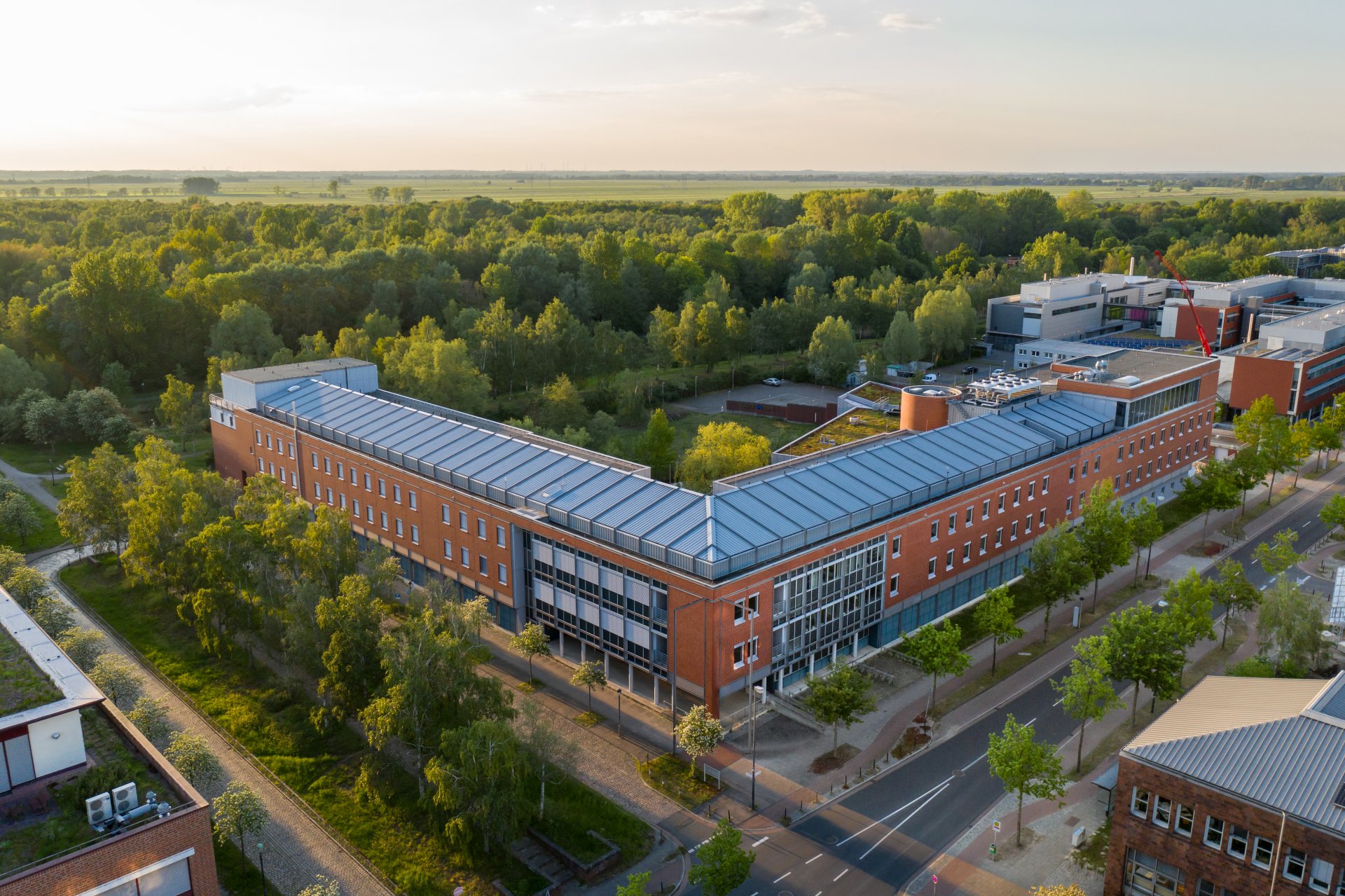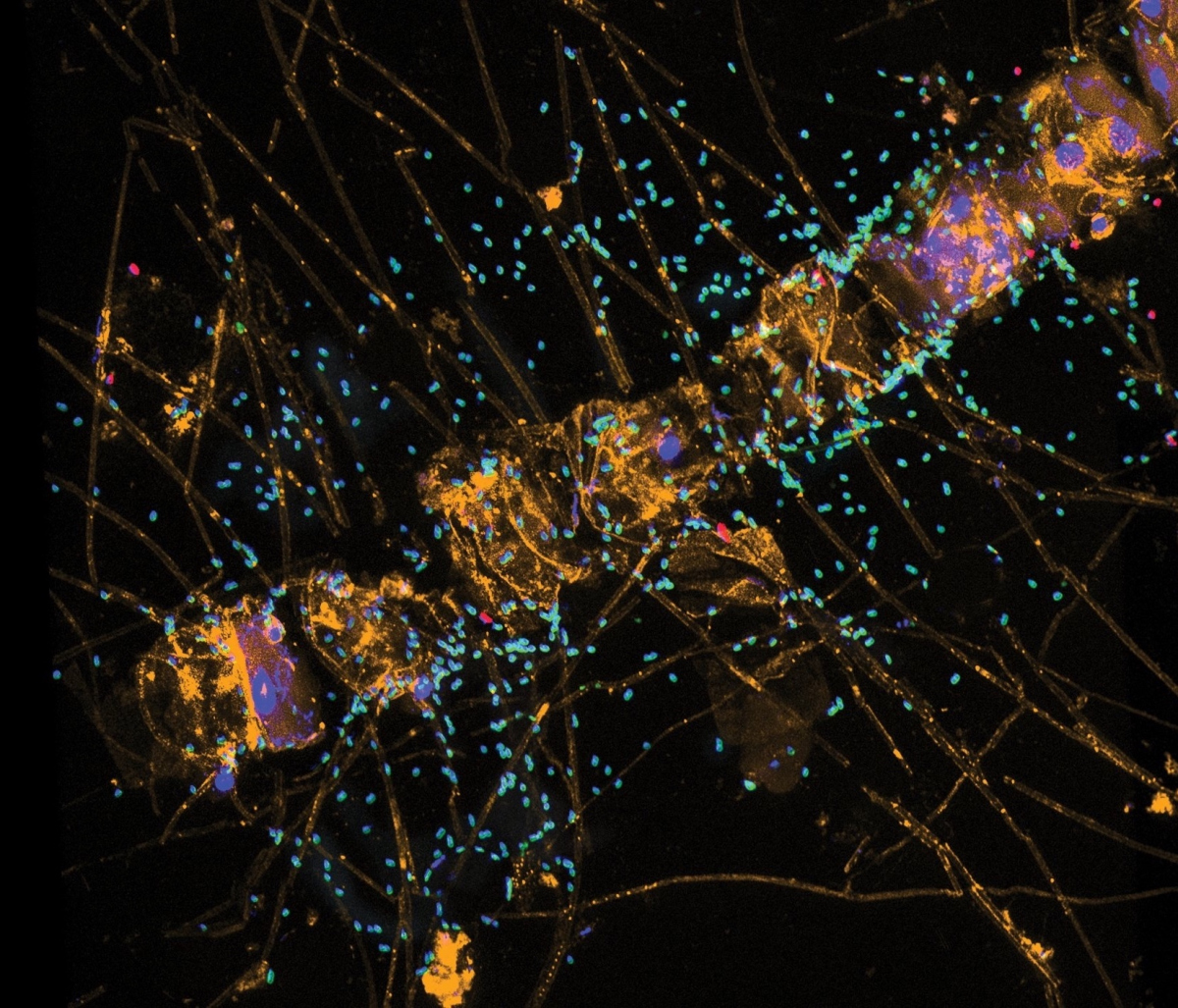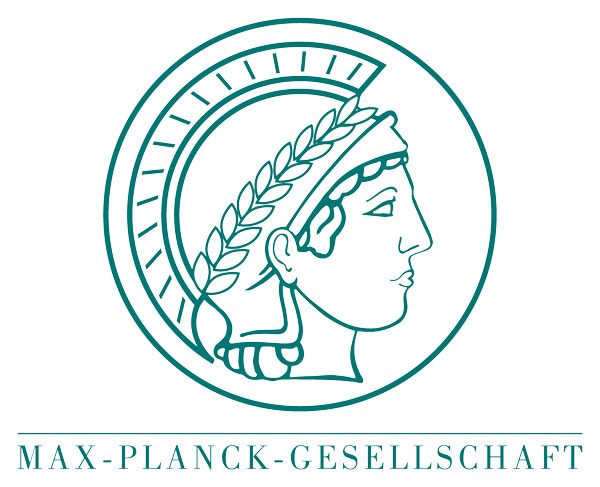
About the institute
The Max Planck Institute for Marine Microbiology (MPIMM) was founded in 1992 in the State of Bremen and is part of the campus of the University of Bremen. It belongs to the Biology & Medical Section of the Max Planck Society. The main focus of our research is on the diversity and functions of marine microorganisms and their interactions with the marine environment. Starting from the beginning on researchers at the MPIMM took part in international expeditions worldwide. They are internationally recognized for their expertise in marine microbiology and for the analysis of processes. These strong successful efforts are rewarded by many publications in top scientific journals.
Why marine Microbiology?
During two thirds of earth’s history, microorganisms dominated our planet and developed complex biota in the oceans and inland waters. In the course of nearly four billion years of evolutionary history, prokaryotic organisms, i.e. bacteria und archaea, have developed a great metabolic diversity.
To this day, microorganisms are primarily responsible for catalysing diverse decomposition processes of organic und inorganic substances. They play a key role in controlling global element cycles and thereby help to keep our planet inhabitable. They also ensure that almost all waste products are decomposed and recycled in the oceans, so that toxic compounds do not accumulate and endanger fauna or flora.
Although marine microbiology is not a new field of research, we still have very incomplete knowledge about marine microorganisms and their functional importance. Only about one percent of all species of microorganisms are known today, and new species with new capabilities continue to be discovered. Examples of such discoveries include the symbiosis between archaea and bacteria that decompose the greenhouse gas methane deep down in the ocean floor with the help of sulphate. This key process in the global carbon cycle has long been known, but the microorganisms involved were only recently identified. Another example is the anaerobic ammonium oxidation (anammox) with nitrite or nitrate - a newly discovered process that may constitute the most important nitrogen sink in the oceanic nitrogen cycle. The anammox microorganisms responsible for this process were first discovered in an industrial waste treatment plant in the early 1990s. The successful search for bacteria with similar metabolic potential in the ocean has basically changed our understanding of the marine nitrogen balance.

Alge (Chaetoceros), (© I. Bakenhus/Max-Planck-Institut für Marine Mikrobiologie)
These examples show how field research on marine processes and laboratory research on microorganisms combine to advance our knowledge of element cycles and the conditions for life. At the Max Planck Institute for Marine Microbiology, microbiologists, molecular biologists and biogeochemists work together to understand basic principles of marine microbial ecology. Our focus is on the anaerobic (oxygen-free) world below the sediment surface, because this is where many interesting and hitherto unknown life forms exist that play a crucial role for the coupling of element cycles – and hence for the chemistry of the oceans. The researchers at the institute cover a broad range of disciplines and areas of expertise, from microsensors to microbiology, from geochemistry to genome analysis, and from molecular ecology to mathematical modelling.

Academic Europe, the European career network for Academics, Researchers and Scientists